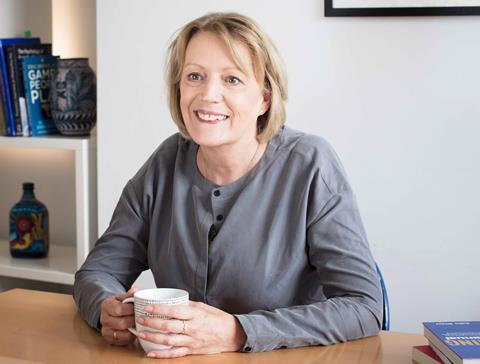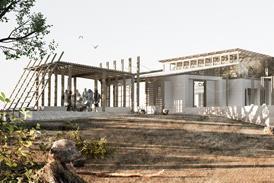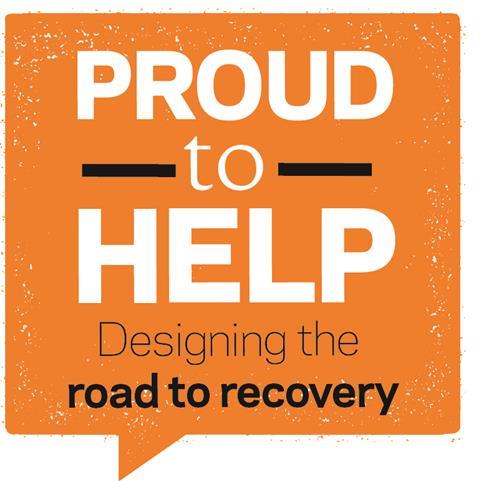As we emerge from our homes, will we allow ourselves to be changed, asks Louise Rodgers

Last weekend I was looking for something in the cupboard under the stairs when I came across half a dozen tins of chickpeas and a big bag of brown rice. They had been there since mid-March. While some people were busy stockpiling loo rolls, I went for the chickpeas.
It seems crazy now that in those first few weeks of the pandemic crisis panic buying was a real thing, leading to empty supermarket shelves and a temporary shortage of some basic goods. I clearly felt that a diet of mainly chickpeas and brown rice was a distinct possibility.
Stockpiling is nothing new. It is a common response to wider uncertainty, such as political or financial crises or when preparing for a natural disaster. There is a psychological reason behind it. When we can’t predict what is going to happen next, and we are receiving mixed messages from those who are supposed to know, we lose some of our ability for rational thought. We also focus on the things we can control, such as our lockdown diet.
I am sure we all did or bought things, or even felt things, that now seem bizarre. But at the time these actions seemed totally in proportion to the threat. If I could talk to my pre-lockdown self I would not only say, “Don’t bother with the chickpeas” but also, “Don’t be scared. This is going to be difficult, but you’ll get through it.”
Our airwaves and virtual networks are currently full of discussions and speculation about the impact of the pandemic on the way we live, the way we work, the way we design our spaces and even the way we conduct ourselves in relation to each other and to the planet. It seems to have been accepted that there exists an opportunity, even a necessity, to rethink and recalibrate.
But so much of this focus is external, and in all the noise we may lose sight of the fact that not only has the world changed but so have we.
Even before the pandemic we had all had an experience of what it is like to go through something that makes us a different person, such as a bereavement, relationship breakdown or big move. And as we gradually emerge from our lockdown caves, rubbing our eyes and looking around us to see what has changed, we are different people both collectively and individually than when we went into them.
Most people I speak to are pleased to be “getting back to normal” or at least they say they are, and they know they should be. But does this mean we should forget what we have been through, as if it were just a bad dream? Absolutely not. An important part of learning and personal growth is to reflect on how our experiences have changed us. As the author Haruki Murakami says: “When you come out of the storm you will not be the same person who walked in. That’s not what the storm is all about.”
Perhaps you know that you should feel relieved that the worst seems to be over, but there is some part of you that is holding on to aspects of your lockdown life. More time with your loved ones, say, or the opportunity to wake up, smell the coffee and take some daily exercise.
So before you go charging into the future and the challenges it will inevitably bring, I invite you to tune into your inner self and ask yourself some questions. What did you learn, about yourself and others? How did it change you? What do you want to leave behind you and what do you want to take forward? Pay attention to where you are and what you are feeling, and not where you should be, or what you should be feeling.
Take the initiative. Decide what will change in your life, the kind of person you will become. You have the power to control whether your pandemic experience has turned you into a more anxious person, a wiser person, maybe even a happier person, or a more reflective person. If you remember that these experiences and changes are necessary for growth, you can try to ensure that your growth is healthy.
Postscript
Louise Rodgers is Building Design’s professional coach. A personal and business coach, she co-created and co-delivers Step Up, a leadership development programme for architects.

















No comments yet